|
How Finance Companies Can Make the Most of Social Media https://ift.tt/2IAJTsG No sector of the economy has more to gain from social media than financial services. Globally, about a third of people are unbanked. Bringing more people into the financial system starts with community outreach. Though initially shy to adopt social strategies due to regulatory concerns, banks and non-traditional financial institutions are realizing these platforms’ value. Here’s how they’re leveraging social media to build relationships, add value, and bring in new customers: Giving Expert AdviceNot long ago, getting professional financial advice meant booking an appointment with a financial counselor. These days, it’s as simple as logging onto Facebook or Twitter. Financial advice can be shared in many forms. Brokerages like Vanguard regularly post long-form market analyses, while startup financial services often tend toward bite-sized savings tips. Life insurer Penn Mutual often shares interviews with company leaders to make financial experts more accessible. The good news is, there’s no “wrong” answer when it comes to deciding what advice to share. Start with a few quotes from a leader in your company designed to build trust with customers. From there, develop a content strategy that seeks to add value with market insights. Once that trust is built, expect customers to reach out asking for more personalized advice. Hosting Q&A SessionsIf you’re a bank or online lender, how do you decide who gets a loan? If you’re in the investment space, what’s the right investing strategy for a new college grad? And just how much sense does it make to sink your savings into precious metals?
One example is CoinMetro, a cryptocurrency exchange company. On its LinkedIn account, CoinMetro hosts regular AMAs (Ask Me Anything) in which users ask about everything from how Bitcoins are mined to which cryptocurrency will be the next big winner. Once you’ve identified topics to cover, find experts within your company who can speak to each and turn over your account to them. Twitter is often the best place for these chats, as conversations can be grouped under specific hashtags. This allows customers who may not have followed the chat live still read content that may be valuable to them. Offering Exclusive DealsYou want to entice your customers to follow you on social media. One way to do that is to offer deals that they won’t be able to find anywhere else. The good news is, you don’t have to break the bank to do this. Something as small as a fee waiver can go a long way toward getting people to click. You could also go the route of American Express, which allows customers to securely link their cards to their social media accounts. Then, those customers can receive discounts based on their activity online. Another good option is to leverage partnerships. Say your company has invested in a new restaurant chain. Perhaps every user who “likes” the restaurant’s Facebook page is eligible for a free ice cream. Making it FunFairly or not, financial services companies aren’t known as the most exciting businesses on the block. Why not show your company’s fun side on social media? For this approach, turn to your member base and host a contest that encourages interaction. Take, for example, Chime’s #MyChimeCard challenge. Members were encouraged to customize their debit card and share a photo on Instagram. Winners were chosen based on originality, creativity, composition and quality. Here, guest-contributed content also plays the biggest role. Give shout outs to members by sharing funny and interesting submissions. Although you should certainly be active on your own social media pages, nobody wants to listen to a brand talk about itself all of the time. With this strategy, it’s important to be positive and inclusive. Make sure shared content represents a group of diverse backgrounds, races, and genders. Use lighthearted, G-rated humor that everyone can appreciate. Conducting Customer ServiceNearly half of consumers say that social media is one of the first places they look for customer support. Whether you solicit them or not, expect customers to reach out with questions and service requests. Ask customers to use direct messages, rather than public posts, when making inquiries to avoid disclosing sensitive financial data. Point them toward your FAQ page for commonly asked questions, such as your business hours or types of available accounts. Promptly post notifications about things like website maintenance to cool customers’ frustrations. To ensure speedy service, dedicate a portion of your customer service staff to your social media channels. Pair service personnel up, with one person playing the customer and the other person conducting customer service, to train them on appropriate communication. The post How Finance Companies Can Make the Most of Social Media appeared first on Social Media Explorer. Social Media via Social Media Explorer https://ift.tt/2onGYog November 13, 2020 at 07:14PM
1 Comment
https://ift.tt/2K6ygdT
Social Media and Cybersecurity: What You Should Know https://ift.tt/35ymj9f Social media can be a great tool to make and maintain business and personal connections. However, it can be a major cybersecurity threat for unsuspecting users. It is all too easy for hackers to impersonate someone else and use the site to get information. For businesses, this can make each and every one of their employees’ social media accounts into a threat. How to make sure that your use isn’t compromising your personal and company security? Here is how hackers use social media to manipulate users, the risks it poses to a business, and what you can do to protect yourself and your company: Why Cybercriminals Love Social MediaJust about everyone in the modern world has a social media account, and many have multiple. There are 2.7 billion users on Facebook and 330 million on Twitter alone. Some social media sites, such as LinkedIn, are designed specifically for professional use. Many companies have Facebook pages to communicate with customers. Twitter is popular for both business and personal use. These websites span the globe, and have users from all walks of life. People share and exchange huge amounts of information on social media sites without much thought. This makes these platforms very attractive to cybercriminals. On most sites, there is no way to verify that a user is who they claim to be. Many people have a false sense of security when they connect with others. How Hackers Target Social MediaThere are a number of ways that can hackers can use social media against individuals and businesses. It’s important to consider your policies when talking to employees about social media, while also working hard to maintain the security with your own. Password HackingSocial media websites do a lot to make sure that their sites are secure, but they can’t stop users from using the same passwords across platforms. If a user uses a password on Facebook and your internal systems, a data breach on Facebook could lead to a data breach in your office. Targeted ScamsWhen people post personal information online, it can be used against them by cybercriminals to design targeted attacks. Cybercriminals can easily see the names of your friends and family, and details that you post about yourself. If an employee checks a personal account on a work device, they are at risk of compromising the company network or computer. It’s common for hackers to create fake duplicate profiles of real people and add some of their same friends and family contacts. Many will accept them without question, not realizing that the profile doesn’t really belong to the person they know. They can then send dangerous links to click on or messages requesting information from their contacts, who don’t realize it’s a scam. Email SecurityA hacker can find information on a social media account which can help them answer security questions. It is easy to look at someone’s family connections and see what their mother’s maiden name is, for example. If someone responds to a social media challenge in which they tag their childhood best friend, include a picture of their first car, or their high school mascot, they may be providing compromising information. With answers to common security questions, a hacker can attempt access into email accounts. When they have entrance into an email, they can see any communications sent over email, use the email credentials to access more work accounts, and send emails from your address to clients or coworkers. ReputationSome of the issues that come with social media are not directly tied to hackers or criminals. In fact, users can put themselves in jeopardy if they express extreme opinions on platforms like Twitter while publicly associated with a company. This can impact an employer’s reputation, too, which is why it’s important for employees to keep separate business and personal accounts. It’s also a good idea on accounts where users have work information to always clarify that opinions are their own and not representing their company. How to Prevent a Cybersecurity ThreatProtecting yourself and your business from the threats that come with social media can be a challenge. It’s important for everyone to be careful about what information they post publicly. In addition, changing all social media privacy settings to restrict sharing to only contacts can be a helpful step. Method Technologies, a managed service provider that specializes in cybersecurity, recommends that businesses take essential steps to improve their security. It’s important to implement password protections and educate employees on how to identify fraudulent emails. Institute policies about work and personal account access on the same accounts. By taking these steps, you’ll be better able to avoid social media threats to your business cybersecurity. The post Social Media and Cybersecurity: What You Should Know appeared first on Social Media Explorer. Social Media via Social Media Explorer https://ift.tt/2onGYog November 13, 2020 at 01:20PM
https://ift.tt/3lvKJpl
Inc Authority Review https://ift.tt/35tjZQP Inc Authority is one of the most reliable and trusted names in the business formation industry. For 30+ years, they’ve helped form 148,000+ LLCs and corporations. The company is best known for its low cost and simplicity. In fact, Inc Authority even offers free business formation services (more on this shortly). Entrepreneurs across all 50 states have used Inc Authority as a one-stop shop for starting a business. In addition to the business formation plans, Inc Authority offers other services related to tax planning, retirement planning, bookkeeping, funding, business credit, and more. If you’re looking for a cost-effective way to start an LLC or corporation without the hassle associated with filing paperwork on your own, Inc Authority has you covered. Is Inc Authority right for you? This in-depth review will tell you everything you need to know about their services. From plans and pricing to real customer reviews, you’ll be able to make an informed decision as it pertains to your needs after reading this guide. Ready to get started? Sign up for Inc Authority today! Inc Authority Business Formation ServicesAs previously mentioned, Inc Authority has an extensive list of service offerings. But the company is best known for its business formation services, which will be the primary focus of this review. Those services can be segmented into three main categories—LLC services, incorporation services, and registered agent services. We’ll cover each of these in greater detail below. Inc Authority LLC ServicesThe LLC services by Inc Authority are the most popular offerings from this provider. They make it easy for anyone to start a new LLC online—for free. Yes, you read that correctly. Inc Authority is one of the only business formation companies on the market offering truly free LLC services.
It’s really easy. Just select your state, enter some details about your business, and Inc Authority will handle the rest. The first thing they’ll do is check the availability of your business name with the state. From there, they’ll prepare and file your LLC documents and submit those to the state as well. Inc Authority also provides tax planning consultation, business funding analysis, and exceptional customer support via phone or email. Another top benefit of using Inc Authority for your LLC registration is the digital access to your LLC documents. Everything will be delivered to you electronically and is stored for easy access through an online client portal. The free services don’t stop there. When you use Inc Authority to form your LLC, you’ll also get free registered agent services for one year. One of the upsells you’ll see during the registration process for your free LLC is for an employer identification number (EIN).
Inc Authority charges $49 for this service. You could avoid the cost and get a free EIN directly from the IRS on your own. But it’s certainly more convenient to get one from Inc Authority and avoid the hassle. Other LLC services charge $75 or more for an EIN, so $49 isn’t too bad compared to alternatives. Aside from the EIN, the only payments you have to make will be for the state filing fees. This amount varies from state to state. An LLC operating agreement does not come with the free plan either. All banks require an operating agreement. This document will provide proof that you own the LLC, and it’s required to open a new account. Operating agreements also ensure that courts enforce your liability protections. It establishes the rules that govern how your profits are divided and how decisions are made at your LLC. Adding an operating agreement to your LLC plan is an additional $89. Inc Authority also offers a legal document package. This contains ownership certificates and LLC seals. The package is crucial if you’re ever audited by the IRS or sued by a third party. The legal documents services add-on is offered for $99. You’ll also have the option to add express processing to your order. This $49 fee moves your order to the front of the line. Inc Authority will immediately process the information and get it to your state on the same business day. They continue to pile on the upsells for things like domain registration and success advisor services. Most of you can ignore these. So, what do real customers have to say about the LLC Services from Inc Authority? Generally speaking, the company has an outstanding reputation. They have a 4.8/5-star rating on Trustpilot with over 4,300 reviews.
93% of customers gave Inc Authority an “excellent” rating on this platform. Most of the reviews highlight a smooth process, great customer service, and general professionalism. Some of the unfavorable remarks point to the upsells. A few customers complained that Inc Authority charges high fees for things they could do on their own. But then again, that’s why you’re paying for a service. Overall, Inc Authority legitimately offers free LLC registration. You’ll be hit with a handful of upsells along the way, but you could turn most of those down and handle them on your own. Inc Authority Incorporation ServicesYou can also use Inc Authority to form a corporation. This includes both C Corporations and S Corporations. Just like the LLC Services, Inc Authority’s incorporation services are also free—you just pay the state fee. Getting started is really easy. Just head to the Inc Authority website, choose your entity type, and select your state to proceed.
If you need some guidance choosing the right entity type for your corporation, Inc Authority has useful resources to help you decide which option is right for you. Similar to the LLC services, here’s a quick overview of what you’ll get for free with Inc Authority’s incorporation services:
Again, all of these services are 100% free. There’s no catch, and you’ll only have to pay the state filing fees. With that said, Inc Authority does hit you with some upsells throughout the ordering process. The first one you’ll see is for an employer identification number (EIN). Inc Authority charges $49 for this. It’s something that you’ll need, so getting it now as you’re finalizing the order makes sense. Inc Authority can also customize your corporate bylaws. This service costs $89. They offer a legal documents package as well. The package contains things like customized organizational meeting minutes, custom stock certificates, and an official incorporation seal. All of this costs an additional $99. You’ll also have the option to expedite the processing of your documents for $49. The upsells continue with domain registration and success advisory services. These start at $19 and $27 respectively. You can skip these. If you start combing through customer reviews, it becomes obvious that the LLC services are more popular than the incorporation services. But that definitely shouldn’t stop you from using Inc Authority to incorporate your company, as there are plenty of great reviews pertaining to these services.
I even found some reviews from business owners that originally used Inc Authority to start an LLC but plan to use them again to set up an S-Corp. These reviews say a lot about the company. The fact that people were so happy with their experience that they’re planning to use Inc Authority again truly speaks volumes about the services. Again, you can use Inc Authority’s incorporation services to set up a C-Corp or S-Corp for free. Will you be presented with some upsells along the way? Yes, but it’s not a big deal. Skip the ones you don’t need and just keep moving forward. Inc Authority Registered Agent ServicesThe registered agent services from Inc Authority are popular as well. As previously mentioned, if you form an LLC or incorporation through this service provider, you’ll get a free registered agent for one year.
As a registered agent for your business, Inc Authority will act as a responsible third party with a physical address in the same state as your company. They can receive official government documentation like tax forms or lawsuit notices on your behalf. You could technically be your own registered agent, but we advise against that. The registered agent will always be available during business hours to accept statutory notice on behalf of your company. After searching through dozens of reviews from real customers, I really couldn’t find many that specifically mentioned the registered agent services. Though many customers do mention the great service and support, so we can assume that some of those are also referring to the registered agents. It’s also worth noting that there weren’t any bad reviews about the registered agents, either. If someone had a poor experience with these services, I’m sure they’d be easy to find online. Based on the lack of reviews, I think it’s safe to say customers have a positive or at least neutral sentiment here. As for the registered agent pricing, there’s no exact information on those rates beyond the first free year. I reached out to a customer service representative via live chat on the Inc Authority website for a quote. While the agent responded within 30 seconds, they were unable to give me an exact number. I was told that the “registered agent pricing varies depending on the state and business type.” The only way to get an exact quote is by speaking with an agent over the phone regarding your unique situation. This is a little bit of a hassle, considering other sites are more transparent with the registered agent costs. But when you’re using a free service, you can’t expect everything to be perfect. Overall Pricing and ValueInc Authority’s business formation services are 100% free. Whether you’re starting an LLC, C-Corp, or S-Corp, those free services include:
As you go through the order process, you’ll be presented with several different upsells:
Depending on the add-ons you need, you’ll likely end up paying more than $0.
However, these add-ons are not a requirement. You can handle these on your own if you truly want to start your business for free. The only fee you’re actually required to pay is the state filing fee. This number varies from state to state. If you’re interested in lots of add-ons, you might want to consider one of the Inc Authority premium startup bundles. In some cases, it’s cheaper to get a bundle instead of adding on each service individually. Starter — $399 + state filing fees
Executive — $499 + state filing fees
Tycoon — $799 + state filing fee
The Starter package is really all you need if you’re just looking to start a business. The other two options go above and beyond what you likely need, though it does depend on your specific situation, business, and needs. In terms of value, Inc Authority’s free plan is more than enough for most businesses. You’ll likely add on at least a couple of the upsells (because it’s easier than doing it yourself). But you probably won’t find a better deal on the web from a business formation service that will actually let you check out for free (except for state fees). User ExperienceThe user experience with Inc Authority is seamless. I went through the process a few times with different entity types to get a feel for it, and it really only takes 2-3 minutes from start to finish. Everything is very straightforward, and you can figure it out even if you don’t have any experience using a business formation service. The only potential gripe that users might have is that they’re presented with so many upsells throughout the order process. But those few extra clicks are a small inconvenience to avoid paying anything at all. Compared to other business formation services we’ve reviewed, Inc Authority might have the simplest user experience of them all. The layout and dashboard are really clean, and it almost feels too easy. Customer SupportInc Authority has rave reviews about its customer support staff. Some of the recent reviews even highlight the names of specific support agents.
It’s always great to see favorable reviews like this. It shows that real customers had genuinely good experiences using Inc Authority. When you sign up for Inc Authority, you’ll get unlimited phone and email support. Personally, I reached out to a customer support rep via live chat with a question about pricing. I was pleased that the agent responded almost immediately. It was also refreshing to know that I was chatting with a real human and not a chatbot. While I didn’t quite get the answer I was looking for from the agent I chatted with, they quickly put me in contact with someone who could answer my questions in greater detail over the phone. Final VerdictDo we recommend Inc Authority? Absolutely. It’s one of the only truly free business formation services on the web—with no strings attached. You can use them to form an LLC, S-Corp, or C-Corp for $0 (just paying your state filing fees). With that said, I’d recommend adding a few extras to your plan. At the very least, get an EIN from Inc Authority. It’s easier than dealing with the IRS directly to save a few bucks. Between the LLC services, incorporation services, and registered agent services, Inc Authority has everything to accommodate the needs of your startup. Social Media via Quick Sprout https://ift.tt/UU7LJr November 13, 2020 at 11:05AM
https://ift.tt/36yIsDy
Launching With Facebook Ads: How to Sell More With Facebook https://ift.tt/2K4g0BU 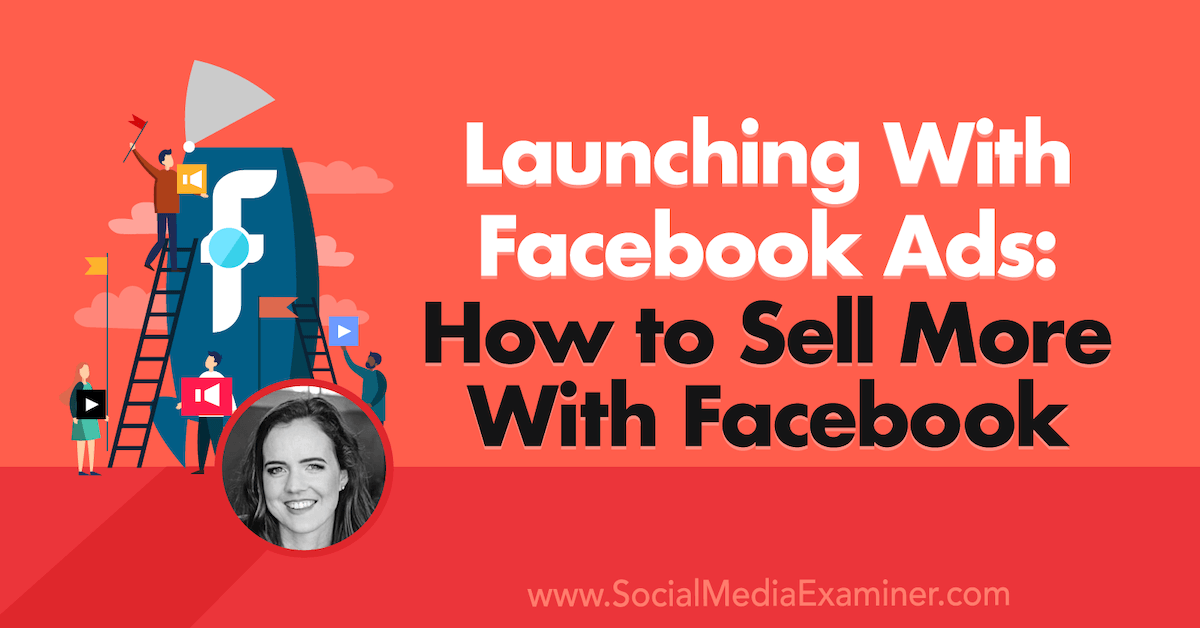
Are Facebook ads an important part of your launch strategy? Wondering how you can use Facebook to sell more during your next launch? To explore how to use Facebook ads to generate more sales during a launch, I interview Emily Hirsh on the Social Media Marketing Podcast. Emily is the founder of Hirsh Marketing, an […] The post Launching With Facebook Ads: How to Sell More With Facebook appeared first on Social Media Examiner | Social Media Marketing. Social Media via Social Media Examiner | Social Media Marketing https://ift.tt/1LtH18p November 13, 2020 at 05:01AM Launching With Facebook Ads: How to Sell More With Facebook - 432 https://ift.tt/36v8veN Are Facebook ads an important part of your launch strategy? Wondering how you can use Facebook to sell more during your next launch? To explore how to use Facebook ads to generate more sales during a launch, in this episode I interview Emily Hirsh. Emily is the founder of Hirsh Marketing, an ad agency that specializes in helping influencers and coaches sell their digital products. USEFUL INFORMATION: Show notes: socialmediaexaminer.com/432 Register for the Google Analytics for Marketers Course: GASuccess.live Download the Social Media Marketing Industry Report We'd love you to review our show on Apple Podcasts. Social Media via Social Media Marketing Podcast https://ift.tt/1LtH18p November 13, 2020 at 04:57AM
https://ift.tt/36qxK1O
Data audit of UK political parties finds laundry list of failings https://ift.tt/3f0vO49 In a finding that should surprise no one, an audit of how UK political parties are handling voter information has surfaced a damning lack of compliance with data protection rules across the political spectrum — with parties failing to come clean with voters about how individuals are being invisibly profiled and targeted by parties’ digital campaigning machines. “Political parties may legitimately hold personal data belonging to millions of people to help them campaign effectively. But developments in the use of data analytics and social media by political parties mean that many voters are unaware of how their data is being used,” the Information Commissioner’s Office (ICO) warned today. “All political parties must be clear and transparent with people about how their personal data is used and there should be improved governance and accountability,” it goes on to say in the report. “Political parties have always wanted to use data to understand voters’ interests and priorities, and respond by explaining the right policies to the right people. Technology now makes that possible on a much more granular level. This can be positive: engaging people on topics that interest them contributes to greater turnout at elections. But engagement must be lawful, especially where there are risks of significant privacy intrusion – for instance around invisible profiling activities, use of sensitive categories of data and unwanted and intrusive marketing. The risk to democracy if elections are driven by unfair or opaque digital targeting is too great for us to shift our focus from this area.” Despite flagging risks to democratic trust and engagement the regulator has chosen not to take enforcement action. Instead it has issued a series of recommendations — almost a third of which are rated ‘urgent’ — saying it will carry out a further review later this year and could still take action if enough progress isn’t made. “Should our follow-up reviews indicate parties have failed to take appropriate steps to comply, we reserve the right to take further regulatory action in line with our Regulatory Action Policy,” it notes in the report which also includes warm words for how “positively” parties have engaged with it on the issues. The ICO also says it will update its existing guidance on political campaigning later this year — which it notes will have wider relevance for (non-political) campaigners, pressure groups, data brokers and data analytic companies. It has previously put out guidance for the direct marketing data broking sector as part of its follow up to the Cambridge Analytica Facebook data misuse scandal. From Cambridge Analytica to ‘must do better’The data audit of UK political parties was instigated by the ICO after the Cambridge Analytica scandal drew global attention to the role of social media and big data in digital campaigning. In an earlier report on the topic, in July 2018, the ICO called for an ‘ethical pause’ around the use of microtargeting ad tools for political campaigning — warning there’s a risk of trust in democracy being undermined by a lack of transparency around the data-fuelled targeting techniques being applied to voters. But there was no let up in the use of social media targeting before or during the 2019 UK general election, when concerns about how Boris Johnson’s Conservative Party was using Facebook ads to harvest voter data were among the issues raised. The ICO report is determined to spare parties’ individual blushes, however — it’s only summarized ‘aggregated’ learnings from its deep dive into wtaf the Conservative Party; the Labour Party; the Liberal Democrats; the Scottish National Party (SNP); the Democratic Unionist Party (DUP); Plaid Cymru; and United Kingdom Independence Party (UKIP) are doing with people’s data. Nor is the regulator handing out the marching orders, exactly. “We recommended the following actions must be taken by the parties”, is the ICO’s preferred oxymoronic construction as it seeks to avoid putting any political noses out of joint. (Not least those belonging to people in government.) So it’s opting for a softly, softly ‘recommend and review’ approach to trying to clean up parties’ dubious data habits Among its key findings are that political parties’ privacy notices are falling short of required levels of transparency and clarity; don’t have appropriate lawful bases for the data they’re processing in all cases, and where they’re claiming consent may not be obtaining this legally; aren’t being up front about how they’re combining data to profile voters, nor are they carrying out enough checks on data suppliers to ensure those third parties have legally obtained people’s data; aren’t putting proper contractual controls in place when using social media platforms to target voters; and are not staying on top of their obligations so as to be in a position to demonstrate accountability. So quite the laundry list of data protection failings. The ICO’s recommendations to political parties are also hilariously basic — saying they must:
Insert your own face-palm emoji as you imagine the chaotic evil underlying those bullet points. “We recognise that achieving effective transparency to the UK adult population is challenging,” the ICO notes in a section of the report on transparency requirements, adding that its earlier report recommended “wider, joined-up approaches should be also taken to raising awareness of how data is used in campaigning”. It adds that it will continue to work with the Electoral Commission on this recommendation. The explosive growth of digital ads for UK political campaigning is quantified by a line in the report citing Electoral Commission data showing 42.8% of advertising spending by campaigners was on digital advertising in 2017, compared to just 1.7% in 2014. So the use of social media platforms — which the report notes were used by all parties for political campaigning — is chain-linked to the troubling lack of transparency being called out by the regulator. “Social media was used by all parties to promote their work to people who may be interested in their values. The majority was delivered via Facebook — including their Instagram platform — and Twitter. Where political parties were using audience choice tools, we had concerns with the lack of transparency of this practice,” the ICO writes. “Privacy information did not make it clear that personal data of voters collected or processed by the party would then be profiled and used to target marketing to them via social media platforms. “A key recommendation made following our audits was that parties must inform individuals and be transparent about this processing, so that voters fully understand their personal data will be used in this way to comply with Article 13(1)(e) of the GDPR. For example, parties should tell voters that their email addresses will be used to match them on social media for the purposes of showing them political messaging.” “Due diligence should be undertaken before any campaign begins so that parties can assure themselves that the social media company has: appropriate privacy information and tools in place; and the data processing they will be doing on the party’s behalf is lawful and transparent, and upholds the rights of individuals under data protection law,” it adds. The report also discusses the need for political parties to fully understand the legal implications of using specific data-fuelled ad-targeting platforms/tools (i.e. before they rush in and upload people’s data to Facebook/Twitter) — so they can properly fulfil their obligations. To wit:
In the report, the ICO describes the data protection implications involved in joint controller situations as “complex”, adding: “We recognise that the solutions to the issues… may take more time to resolve and will require more guidance for all the actors involved.” “Since our audits, we understand that some steps have been taken by social media companies within their revised terms and conditions of service for digital advertising,” it adds. The report also includes a passing nod to regulatory scrutiny of Facebook’s ad platform in Ireland under EU law — focused on concerns that the use of Facebook’s ‘lookalike audiences’ for targeting voters may not comply with the bloc’s GDPR framework. Information commissioner, Elizabeth Denham, has previously suggested the tech giant will have to change its business model to maintain user trust. But Ireland’s data protection agency has not yet issued any GDPR decisions related to Facebook’s business. “In the wider ecosystem, the ICO also recognises that there are still other matters that need to be addressed about the use of personal data in the political context,” the regulator writes now. “These include some of the issues set out in the report it made to the Irish Data Protection Commission (IDPC), as the lead authority under GDPR, about targeted advertising on Facebook and other issuing [sp] including where the platform could be used in political contexts. The ICO will continue to liaise with the technology platforms to consider what, if any, further steps might be required to address the issues raised by our Democracy Disrupted report. This will be of relevance to the parties’ use of social media platforms in future elections.” Social Media via Twitter – TechCrunch https://techcrunch.com November 12, 2020 at 06:34PM
https://ift.tt/30duba3
Twitter labeled 300,000 US election tweets — around 0.2% https://ift.tt/38Gr8iu Just over a week after the U.S. elections, Twitter has offered a breakdown of some of its efforts to label misleading tweets. The site says that from October 27 to November 11, it labeled some 300,000 tweets as part of its Civic Integrity Policy. That amounts to around 0.2% of the total number of election-related tweets sent during that two-week period. Of course, not all Twitter warnings are created equal. Only 456 of those included a warning that covered the text and limited user engagement, disabling retweets, replies and likes. That specific warning did go a ways toward limited engagement, with around three-fourths of those who encountered the tweets seeing the obscured texts (by clicking through the warning). Quote tweets for those so labeled decreased by around 29%, according to Twitter’s figures. The president of the United States received a disproportionate number of those labels, as The New York Times notes that just over a third of Trump’s tweets between November 3 and 6 were hit with such a warning. The end of the election (insofar as the election has actually ended, I suppose) appears to have slowed the site’s response time somewhat, though Trump continues to get flagged, as he continues to devote a majority of his feed to disputing the election results confirmed by nearly every major news outlet. His latest tweet as of this writing has been labeled disputed, but not hidden, as Trump repeats claims against voting machine maker, Dominion. “We also want to be very clear that we do not see our job as done,” Legal, Policy and Trust & Safety Lead Vijaya Gadde and Product Lead Kayvon Beykpour wrote. “Our work here continues and our teams are learning and improving how we address these challenges.” Twitter and other social media sites were subject to intense scrutiny following the 2016 election for the roles the platforms played in the spread of misinformation. Twitter sought to address the issue by tweaking recommendations and retweets, as well as individually labeling tweets that violate its policies. Earlier today, YouTube defended its decision to keep controversial election-related videos, noting, “Like other companies, we’re allowing these videos because discussion of election results & the process of counting votes is allowed on YT. These videos are not being surfaced or recommended in any prominent way.” Social Media via Twitter – TechCrunch https://techcrunch.com November 12, 2020 at 05:33PM
https://ift.tt/38B2Fv5
How Do Hackers Get Your Password? 5 Types of Password Attacks https://ift.tt/3eWCiku It happens to people everyday. Identities are stolen, money is taken out of accounts, and all manner of breaches are attempted against your personal accounts. But how does it happen? The truth is, there are multiple tried and tested methods which hackers use to steal your passwords online. This page contains the top five most widely used methods of hacking. Utilizing managed IT services can also help to keep your information secure. Credential StuffingCredential stuffing is hard for people to prevent, which makes it frustrating. Credential stuffing occurs when a website is breached and the website contains the vital data of all its users. Right away the hacker has access to all of your data, including sensitive data like passwords, address, purchase history, and maybe even bank information. The problem here is that around 62% of people reuse passwords. Consequently, if a hacker finds your password to a relatively trivial website, and the password is the same as the one you use for your banking password, they may be able to gain access to that account. PhishingPhishing is a form of hacking which you’ve most likely heard of in some way. Phishing is where the hacker will trick you into giving them your password. One of the more popular methods of phishing is sending an email which looks genuine and identical to one that comes from a trusted business, inviting you to log in and immediately change something due to a security breach. Some of these fake websites appear exactly like the real one. But, if you know what you’re looking for they’re easy to spot; simply double check the URL whenever you’re suspicious. Password SprayThis is a common form of hacking. This occurs when the hacker will obtain your username, and will guess at multiple popular passwords until they gain entry. A password spray only really works if you don’t use a strong password. Try and think of something outside the box to ensure it won’t be easily guessed. There are password generators online, but they can be a little hard to remember. Creating a password that is nonsensical, with capital letters, numbers, and characters is usually your safest bet. (Ex: FeRretPanCAke78$) Keystroke LoggingKeystroke logging typically occurs as the result of a software installed on your computer via malware. It is able to pick up on every key you enter and sends it over to the hacker. The hackers use logger software, so they only have to look through for a common theme password and they’ll have everything. You need to be careful what you click online, and don’t give any site or app permissions that they don’t need, especially when asked if they can run something as the administrator. Local DiscoveryDiscovery used to be a more popular form of hacking than it is today. Most people enter their passwords into a note in their phone, which is usually protected by a thumb print, another password, or face ID. However, there are still people who write them down physically. These notes can be stolen and the passwords applied. Try not to write them down, and if you do, change them frequently. It doesn’t matter how good your password is, if it is left lying around for anyone to find. The post How Do Hackers Get Your Password? 5 Types of Password Attacks appeared first on Social Media Explorer. Social Media via Social Media Explorer https://ift.tt/2onGYog November 12, 2020 at 11:44AM
https://ift.tt/2IvzA9F
MyCompanyWorks Review https://ift.tt/2UnVGNL MyComanyWorks has been around for nearly two decades. Over the years, they’ve helped form 60,000+ businesses across a wide range of industries in all 50 states. They provide business formation services for LLCs, C Corporations, and S Corporations. The platform’s simplicity, low cost, and ease of use are just a handful of reasons why it’s so popular. Is MyCompanyWorks right for you? This guide takes a deeper look at the business formation services offered by MyCompanyWorks. You’ll learn more about the benefits, pricing, plans, and insights from real customers. By the end of this article, you can make an informed decision to determine if MyCompanyWorks is right for your business formation needs. Ready to get started? Sign up for MyCompanyWorks today! MyCompanyWorks Business Formation ServicesWhile MyCompanyWorks has a wide range of offerings, the business formation services are definitely the most popular. These services can be broken down into three main categories—LLC services, incorporation services, and registered agent services. We’ll take a closer look at each one of these below. MyCompanyWorks LLC ServicesThe limited liability company (LLC) services provided by MyCompanyWorks are definitely the most popular—and for good reason. Even if it’s your first time starting a business, going through the formation process with MyCompanyWorks is about as easy as it gets. Just head to their website, choose LLC from the entity type dropdown menu and select your state.
The online form is super simple. MyCompanyWorks just asks for basic information like:
That’s it! They’ll handle everything from here. MyCompanyWorks will complete your LLC formation documents and file them with your state. They’ll also provide you with post-formation paperwork like a personalized operating agreement and more. MyCompanyWorks even gives you a new LLC handbook and startup checklist with details for things like business licenses, sales tax permits, and hiring employees. There are three different LLC formation packages for you to choose from:
All plans come with the essentials, like unlimited name availability search, preparation and filing for articles of organization, personalized LLC operating agreement, same-day processing, unlimited phone and email support, free company alerts, and online document access. Unlike other LLC formation services on the market today, MyCompanyWorks doesn’t charge you extra to expedite the filing process. All orders submitted by 3 pm EST are processed the same day. Orders submitted after that will be processed the next business day. The entry-level Basic package does not come with the ability to obtain an EIN/tax ID. But you can add that to your plan for just $49. Alternatively, you can upgrade to the next tier. In addition to the EIN, the Entrepreneur package comes with an LLC kit, LLC seal, and LLC member certificates. You’ll also get lifetime access to 200+ updated business forms for contracts, meetings, leases, DBAs, and more. The top-tier Complete package comes with registered agent services as well. We’ll discuss this in greater detail later on. MyCompanyWorks has 3,000+ verified customer reviews on its website. 99% of those customers gave a 4 or 5-star rating. Let’s take a closer look to see what those people have to say about their experience.
Most of the reviews echo these same remarks. Customers love the simplicity and low costs associated with the LLC services from MyCompanyWorks. Another recent review explains how the customer needed some documents delivered on an urgent basis, and MyCompanyWorks did what was necessary to provide the documentation on time. If you’re using MyCompanyWorks to form your LLC, you’ll love the platforms Startup Wizard. This interactive online dashboard walks you through the step-by-step process of forming your company. The Startup Wizard comes free with all LLC formation plans. MyCompanyWorks Incorporation ServicesYou can also use MyCompanyWorks to incorporate a C-Corp or S-Corp. While these services aren’t quite as popular as its LLC services, it’s still a viable option for any entrepreneur or business owner that needs to incorporate.
The incorporation services are actually fairly similar to the LLC formation services, with a few minor differences. You’ll still get the free startup wizard, unlimited name availability search, same-day processing, online order tracking, online status updates, unlimited support, free company alerts, online document access, and lifetime “My Account” access. Incorporation packages also come with personalized corporate bylaws, the new corporation handbook, and the option for a kit with corporate seals and corporate stock certificates. The pricing is identical to the LLC services. You can choose between Basic ($79 + state fees), Entrepreneur ($199 + state fees), or Complete ($279 + state fees). An EIN comes standard with the Entrepreneur package, and the Complete plan also provides registered agent services (more on this shortly). What are customers saying about the incorporation services from MyCompanyWorks? Instead of referring to the reviews directly from their website, I checked out some third-party review platforms. They have a 4.9/5-star rating Shopper Approved.
Similar to the LLC services, the reviews for MyCompanyWorks incorporation services are generally positive. Most point to how easy and informative the process was. Seamless, reliable, and straightforward were some of the most common words tossed around in those reviews. Some of the unfavorable reviews pointed to the price. A few people were annoyed about the up-sells. But not many complaints were tied directly to a poor experience with the service itself, which is good news. If you’re forming a corporation and want to avoid the legal fees associated with hiring an attorney, MyCompanyWorks is a viable solution to consider. MyCompanyWorks Registered Agent ServicesEvery business is required to have a registered agent. So if you’re using MyCompanyWorks to form your LLC or corporation, it makes sense to get the registered agent services from them as well. With that said, these services are also popular for existing businesses that want to switch registered agents.
These services are available throughout the country, in all 50 states. So regardless of your state of formation or entity type, you can trust MyCompanyWorks as your registered agent. You’ll benefit from services like:
MyCompanyWorks charges $99 for its registered agent services. This is included in the Complete formation package (for $279 + state fees). Another unique standout of the registered agent services from MyCompanyWorks is the way they make it easy for existing business owners to switch. Unlike other service providers on the market, MyCompanyWorks doesn’t impose a change of agent fee. So what are customers saying about the registered agent services from MyCompanyWorks? All of the reviews that I skimmed through were positive. Most mention the exceptional support and ease of use. As with most services, there are a handful of less than favorable remarks. A few customers weren’t happy with the fact that they had to pay extra for the registered agent services (they must be on the Basic or Entrepreneur plans). While it’s true that some business formation services include a registered agent with all plans, it’s not really the industry standard. But I couldn’t find any complaints directly tied to the registered agent service itself. Whether you’re starting a new business or need a change of agent, MyCompanyWorks should be a top choice for you to consider for registered agent services. Overall Pricing and ValueWe’ve mentioned the pricing for MyCompanyWorks a handful of times throughout this guide. But I want to take a moment to provide you with an in-depth look at the packages. Whether you’re using MyCompanyWorks to form an LLC, C-Corp, or S-Corp, these will be your options: Basic — Starts at $79 + state fees
Entrepreneur — Starts at $199 + state fees
Complete —Starts at $279 + state fees
The state fees are automatically calculated when you select your entity type and state. Here’s an example of what you’ll see for LLCs in Colorado:
There’s another service called MyCompanyWorks Premium, for $99 per year. It’s not specific to any entity type. This is a managed service for annual reporting, a compliance dashboard, resolutions manager, unlimited custom alerts, business entity monitoring, and priority support. MyCompanyWorks Premium is great for new businesses and existing businesses alike. Registered agent services start at $99 per year. In terms of value, MyCompanyWorks hits the mark in terms of available services. But you do need to pay extra for a handful of things. For example, other providers on the market offer registered agent services with all plans. Some even give you your first year for free. A registered agent from MyCompanyWorks only comes standard with the Complete package. Additionally, MyCompanyWorks Premium is another extra that would be nice if it were included with at least one of the packages. But you need to add it on to every plan. With that said, it’s well worth the cost for the benefits. User ExperienceThe user experience with MyCompanyWorks can be summed up in a single word—seamless. From the second you land on the website you’ll find a clean interface as you’re choosing a plan and beginning the process. It’s really easy to fill out the initial forms. You’ll also benefit from the platform’s Startup Wizard. The Startup Wizard comes for free with every formation plan. It’s an advanced version of a web-based checklist. But it’s personalized based on your specific plan, business, and entity type. For example, let’s say you’re filing an LLC in the state of Nevada. The checklist would be tailored with the exact steps required for this state, plus other helpful startup tasks.
It’s a visual representation of your progress tracking (0-100%) that’s updated in real-time as you complete steps. You’ll also get a weekly email reminder that includes an attached PDF with a detailed summary of the remaining steps. For those of you who are using MyCompanyWorks to form multiple companies, the Startup Wizard is a simple way to stay organized as you progress through the steps with each business. After you’ve finished forming your LLC or corporation, you can continue using MyCompanyWorks to access documents and manage your registered agent services. Customer SupportSupport is another crucial component of evaluating a business formation service. Right away, I love the fact that MyCompanyWorks offers same-day processing. All orders submitted by 3 pm EST are processed the same day. If you submit an order after 3 pm, your information will be processed on the next business day. So many other formation services out there wait days or even weeks to start processing paperwork. The customer service keeps people coming back. As you can see from this verified review below, some customers continue using MyCompanyWorks to form multiple companies because they were so happy with the excellent service.
For those of you who are looking for even better service, you’ll likely want to consider MyCompanyWorks Premium. This add-on for $99 per year comes with a managed annual report service, a compliance dashboard, custom alerts, business entity monitoring, online certifications, and more. You’ll also benefit from priority phone and email support (average response time under 2 hours). MyCompanyWorks also offers a 100% satisfaction guarantee. If you’re unhappy with any of the services, you may be entitled to a full refund if you submit a request within 90 days of signing up. The refund is good for all MyCompanyWorks fees (state fees are nonrefundable). Final VerdictDo we recommend MyCompanyWorks? Absolutely. They have an extensive list of service offerings in the business formation category. It’s a great option for LLCs, C-Corps, and S-Corps, alike. We also recommend the registered agent services. Overall, the platform is simple and cost-effective. It’s a popular alternative to hiring an attorney to form your business. Even business owners who have already incorporated switch to MyCompanyWorks for their registered agent. There’s no additional fee for changing agents. Social Media via Quick Sprout https://ift.tt/UU7LJr November 12, 2020 at 11:06AM
https://techcrunch.com/wp-content/uploads/2020/03/twitter-stories.png?w=753
Twitter brings its Stories feature, Fleets, to Japan https://ift.tt/2IiP0OB Twitter’s own version of Stories, which it calls “Fleets,” have arrived in Japan. The new feature allows users to post ephemeral content that automatically disappears after 24 hours. Though Fleets previously launched in Brazil, India, Italy, and South Korea, Japan is notably Twitter’s second largest market, with some estimated 51.9 million users. It’s also second in terms of revenues, led by advertising. In Q3 2020, Japan generated $132.4 million in revenue, coming in second behind the U.S.’s $512.6 million. Twitter can be experimental when it comes to new features — it even once developed a new way to manage threads with a public prototype, coded alongside user feedback. But not all the features it dabbles with make it to launch. However, the further expansion of Fleets to Japan signals Twitter’s interest in the product hasn’t diminished over time. It seems it’s now only a matter of time before Fleets arrive in Twitter largest market, the U.S.
That said, the U.S. may be the hardest market for Fleets to crack, as here, many users are concerned about how all social media apps are starting to look alike. Whatever feature becomes a breakout success on one platform soon finds its way to all the others. In the early days, we saw this trend with the “feed” format, modeled after Facebook’s News Feed. The Stories format, popularized by Snapchat, came next. And now apps like Instagram and Snapchat are ripping off TikTok with their own short-form video features. The result is that apps are losing focus on what makes them unique. Twitter, for what it’s worth, has historically been slow to copy from other social networks. In fact, it’s one of the last to embrace Stories — a feature that’s now even on LinkedIn, of all places. Plus, in Twitter’s case, the Stories feature may end up serving a different purpose than on other networks. Instead of offering users a way to post content of lesser quality — posts that didn’t deserve the a more prominent spot in the feed, that is — Fleets may encourage users who haven’t felt comfortable with the platform’s more public nature to begin posting for the first time. Or, at least, it could push users to increase their content output and engagement. Twitter’s Fleets work much like Stories on other platforms. With a tap on the “+” (plus) button, users can post text, photos, GIFs or videos. Meanwhile, viewers use gestures to navigate through the Fleets posted by others. The Stories sit at the top of the app’s home screen, also like on other platforms. Twitter tells TechCrunch all users in Japan should have Fleets available on their accounts over the days, but couldn’t share a timeframe for a U.S. launch. Social Media via Twitter – TechCrunch https://techcrunch.com November 11, 2020 at 04:31PM |
�
Amazing WeightLossCategories
All
Archives
November 2020
|

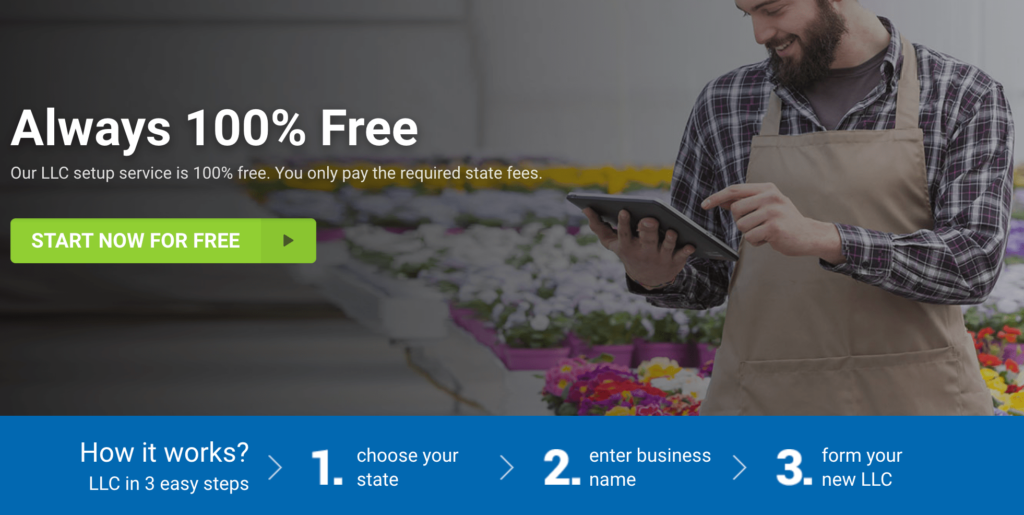
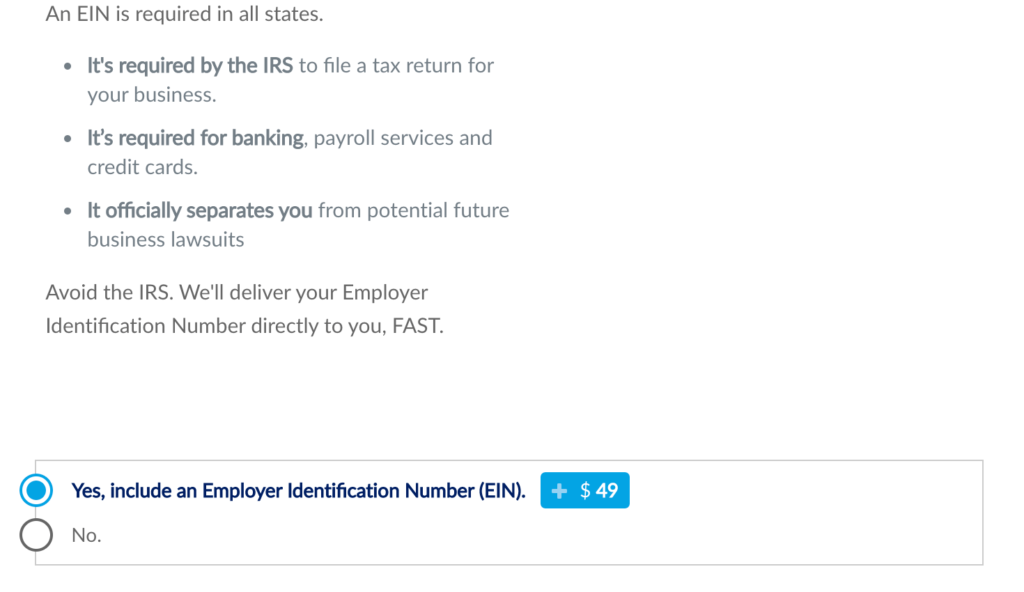
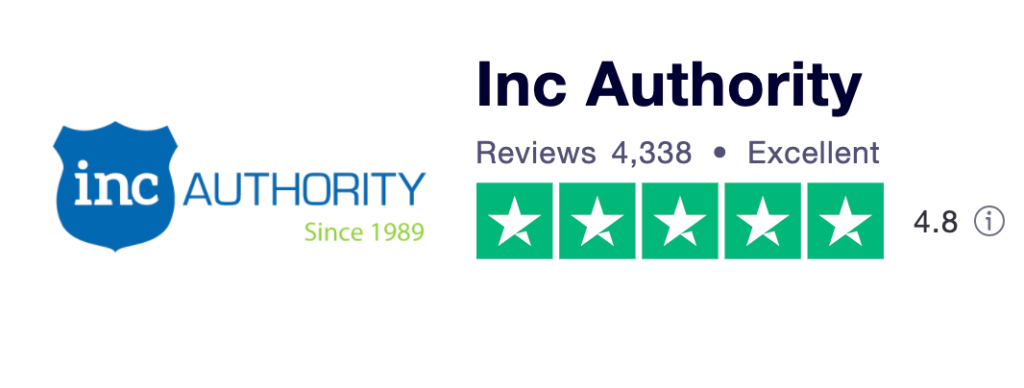
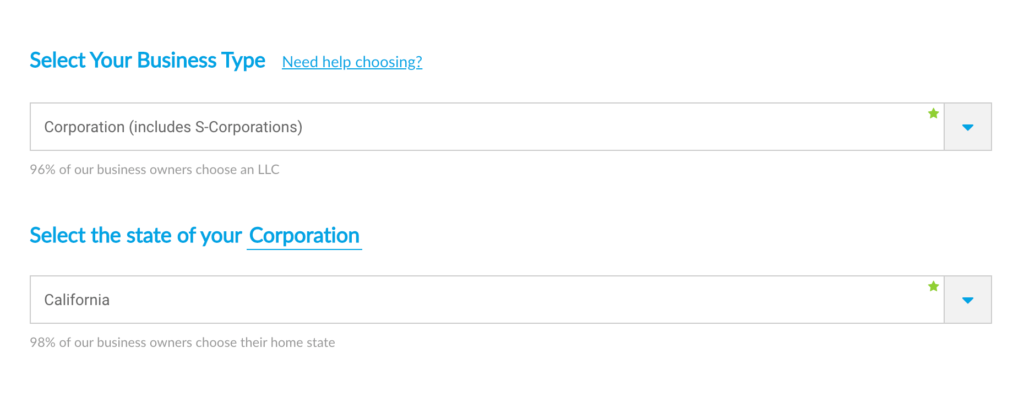
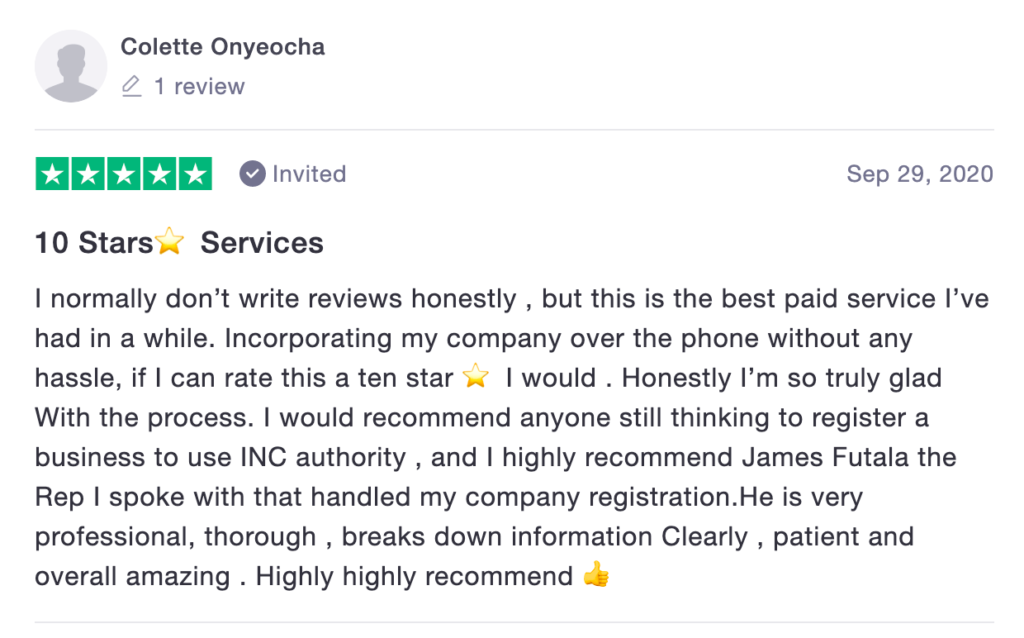
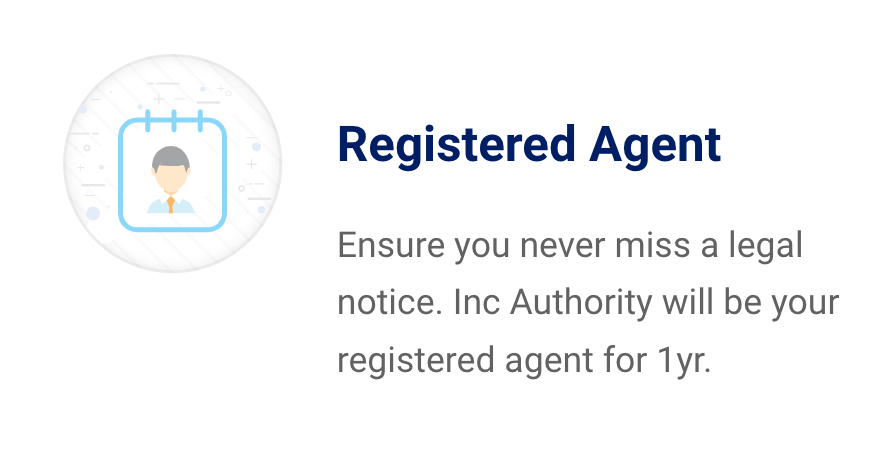
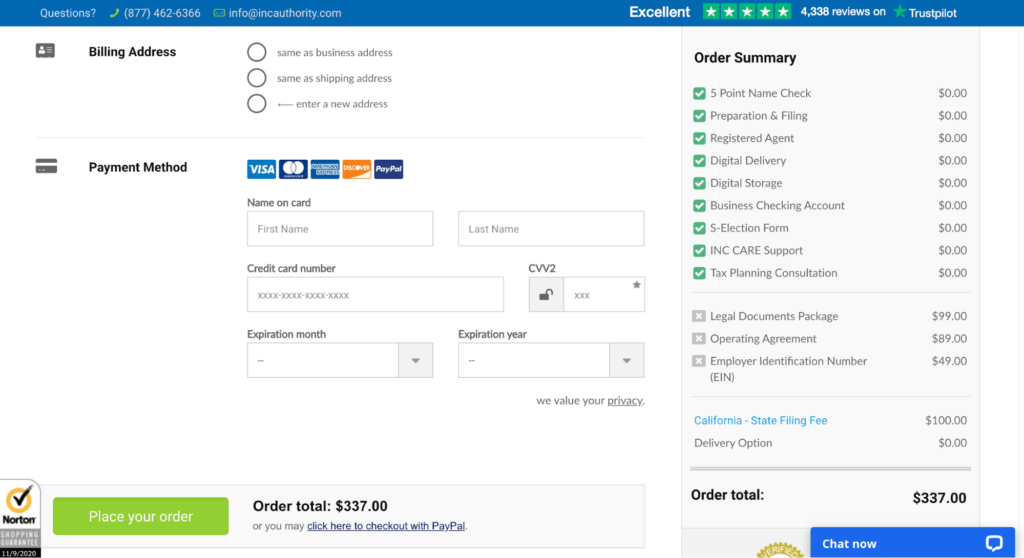
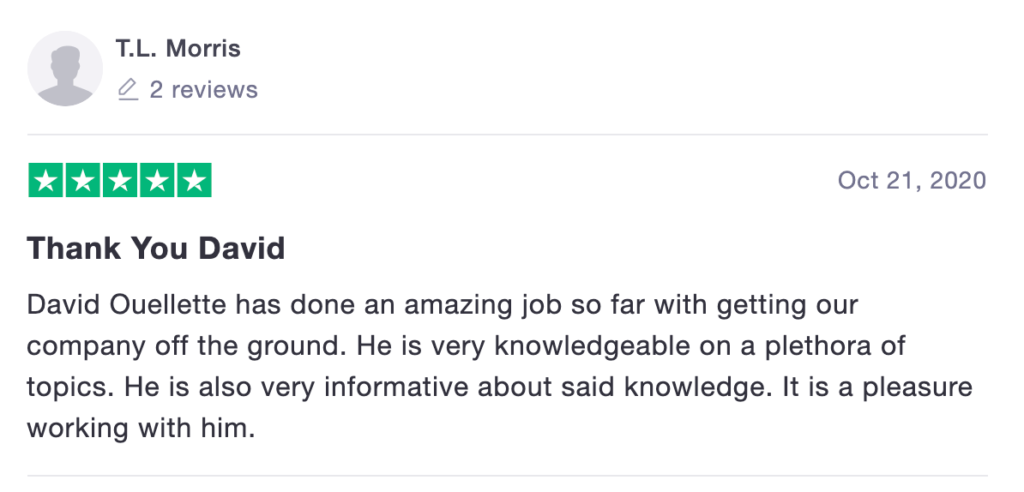
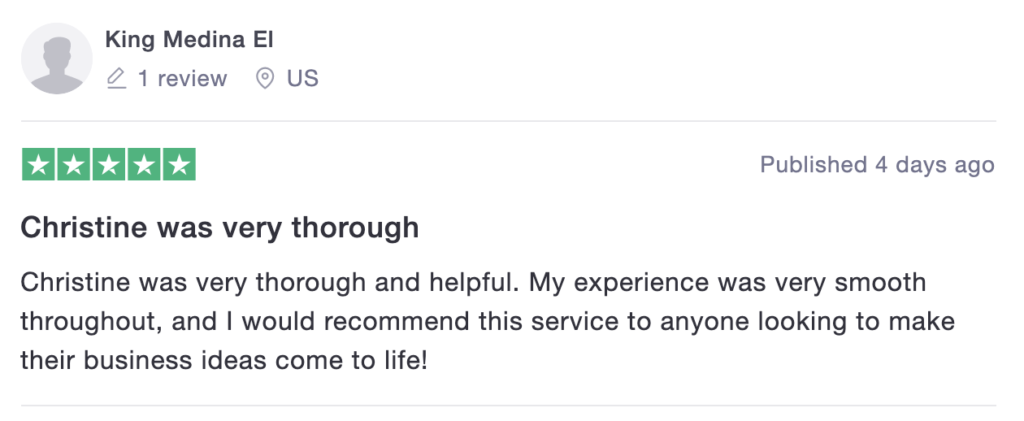

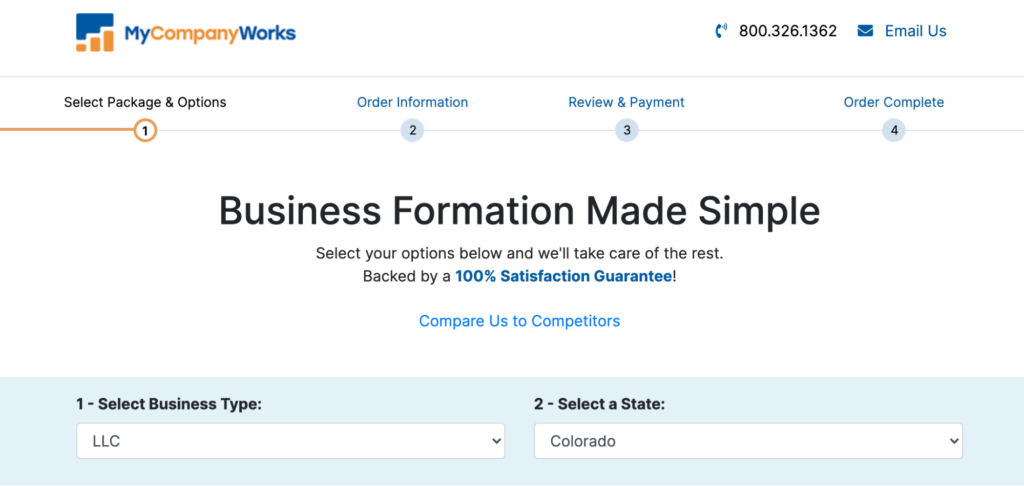
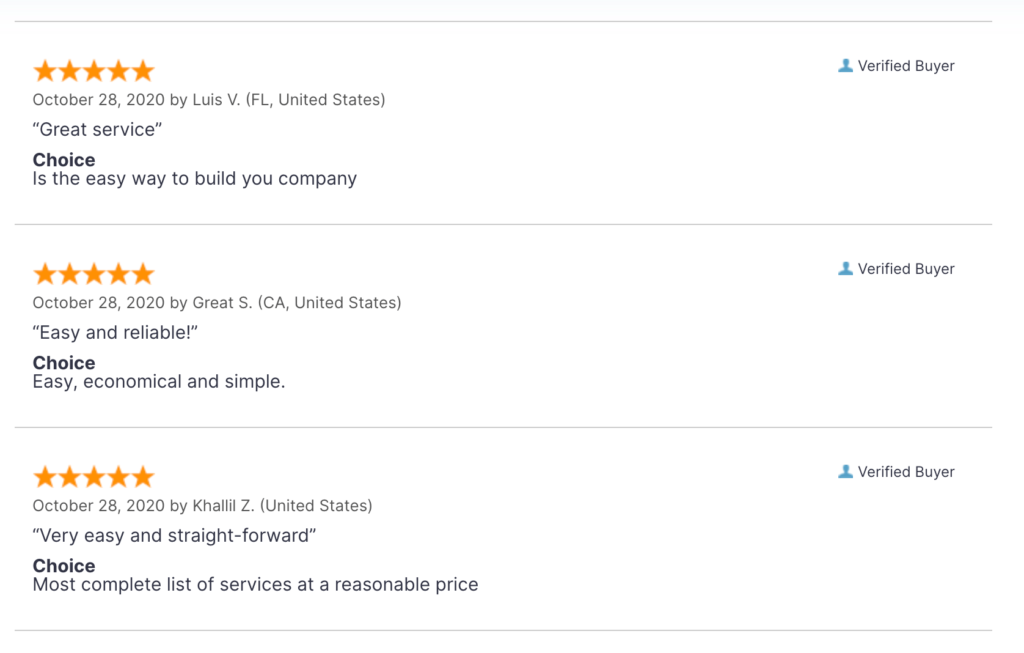
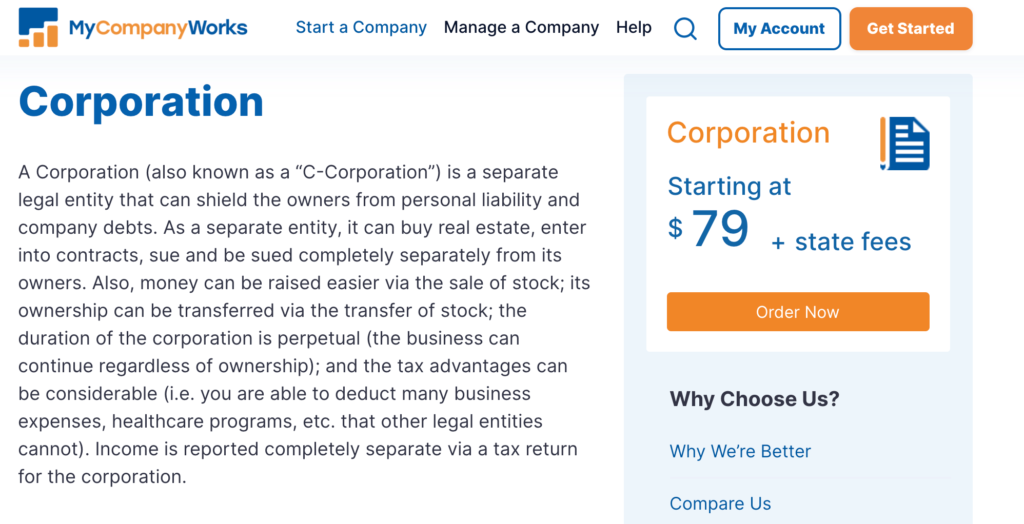
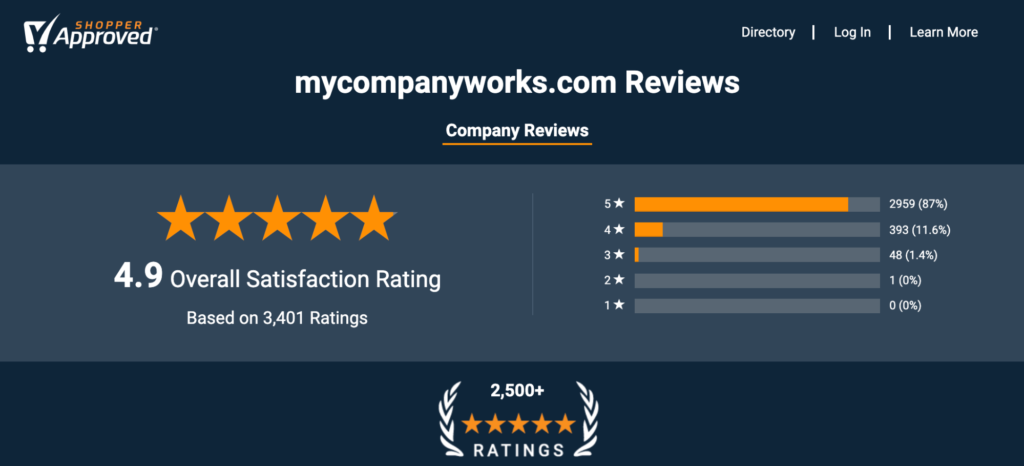
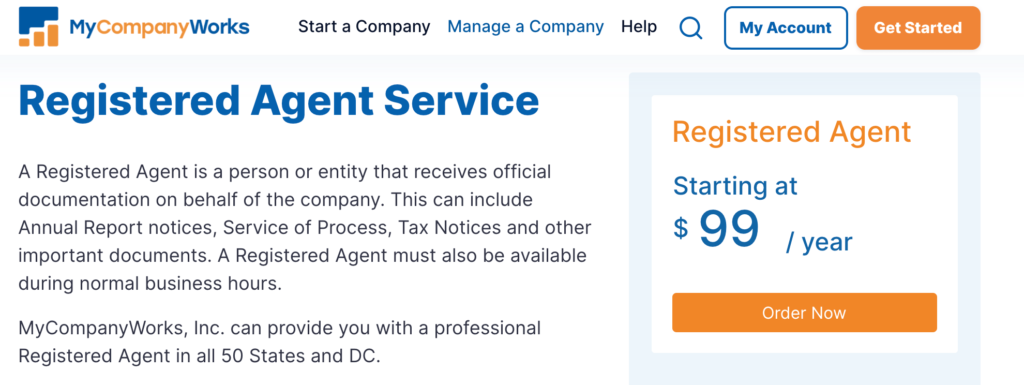
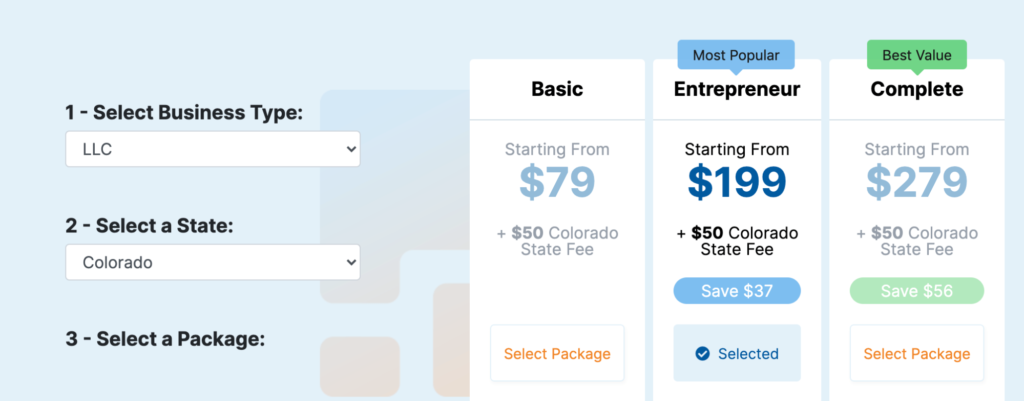
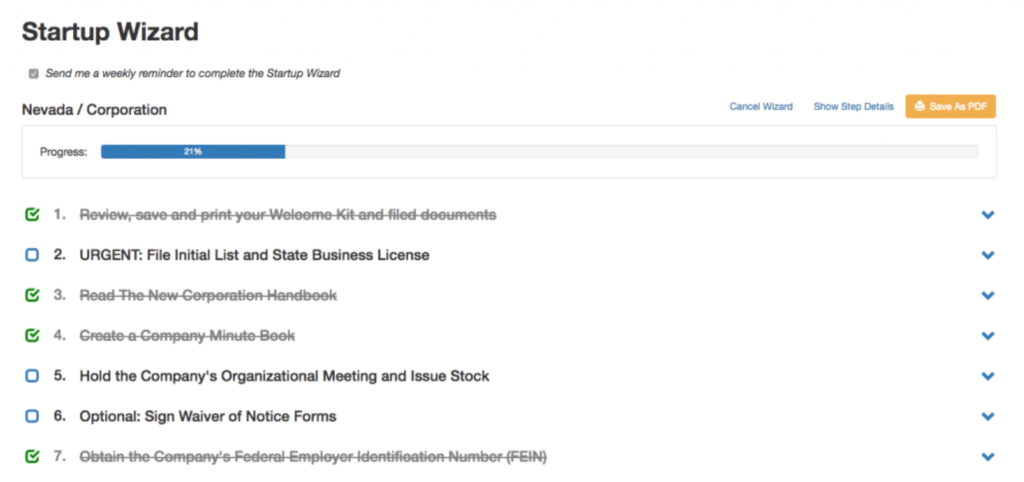
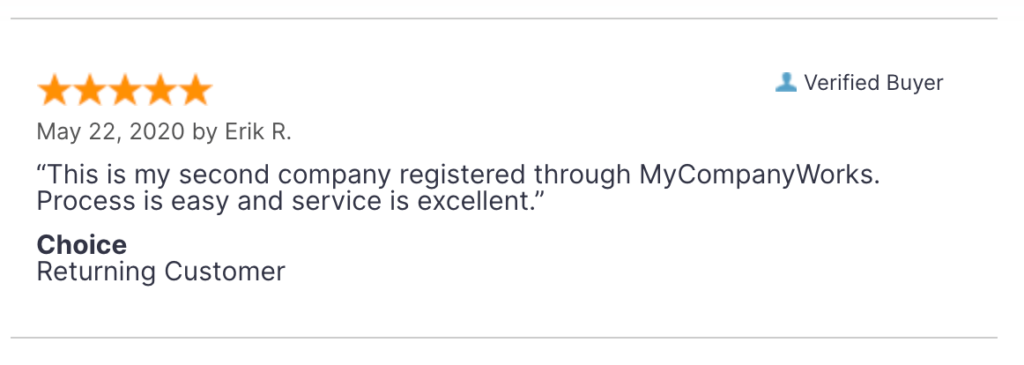


 RSS Feed
RSS Feed
